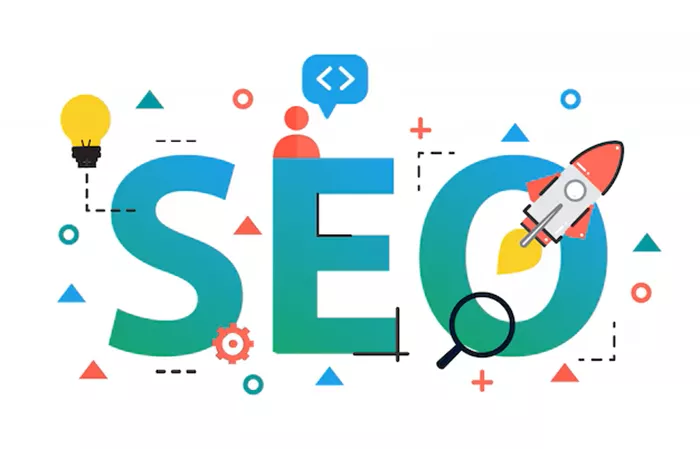As artificial intelligence rapidly evolves, search engine optimization (SEO) is undergoing a fundamental transformation. Generative Engine Optimization (GEO), an emerging strategy that emphasizes unique, expert-driven content, is helping brands gain greater visibility in AI-generated search results.
According to McKinsey, 99% of executives and 94% of employees are familiar with generative AI tools, with actual usage rates far exceeding management estimates. Tools like ChatGPT, Claude, and Perplexity are changing how users search and make purchasing decisions, increasingly replacing traditional search engines.
In response, brands are adopting GEO strategies to make their content easier for AI tools to reference and summarize. James Gibson, partner and digital marketing director at eDesign Interactive, notes that future visibility depends not only on ranking but also on relevance to AI.
“Consumer attention is a moving target, making marketing a field that must evolve and embrace change,” Gibson explains. His team’s forward-looking GEO approach helps clients appear in AI-generated answers before users even click through to websites, securing a competitive edge.
Traditional SEO content struggles to perform well in generative search. AI prioritizes clear, authoritative, and intent-focused content over keyword stuffing or broad explanations. Gibson stresses that businesses must rethink their content creation process, focusing on uniquely and effectively answering user questions.
To succeed in platforms like Google’s Search Generative Experience (SGE) and ChatGPT, content must emphasize depth, authority, and user value. Simple definitions no longer suffice; companies should provide experience-based insights, nuances, and buyer-intent-driven content.
A clear trend in generative search is the rising importance of ranking for transactional keywords, which indicate users ready to take action. Even as AI-generated summaries dominate information searches, these queries still drive meaningful traffic. Focusing content strategies on transactional terms can boost rankings and conversions, creating a win-win.
However, generative search also poses challenges, as traditional SEO metrics like pageviews and clicks no longer fully capture success. Gibson advises companies to rely more on direct customer feedback to measure real marketing impact.
Moreover, GEO is not a superficial fix. Success requires creating new or thoroughly rewritten content that offers greater meaning, creativity, and depth. This approach demands a mindset shift and close collaboration among strategists, creatives, and businesses to produce content valued by both AI and humans.
eDesign Interactive has helped clients implement GEO effectively. For example, the Orthopedic Institute of New Jersey (OINJ) revamped its website content with expert input, enhancing authority and integrating strategic SEO and GEO elements. Since November 2024, OINJ has seen a 226% increase in AI-driven traffic, with content regularly featured in answers generated by tools like Gemini and ChatGPT.
As generative search results become more comprehensive, traditional click-through rates are declining overall. However, traffic driven by purchase-intent keywords remains strong. Gibson cautions that brands should adopt a more holistic content marketing approach—content should not only educate but also support product and service pages to improve rankings for high-conversion keywords.
eDesign Interactive’s proactive mindset and deep understanding of GEO position it to guide clients through the AI-driven marketing revolution. Companies mastering generative engine optimization will hold a significant advantage in the next wave of digital marketing.
Related Topics
- Multimodal Discovery Is Redefining SEO in the AI Era
- Brands Must Balance SEO and AI to Create High-Quality Content in 2025
- Generative AI Is Transforming SEO Strategies

